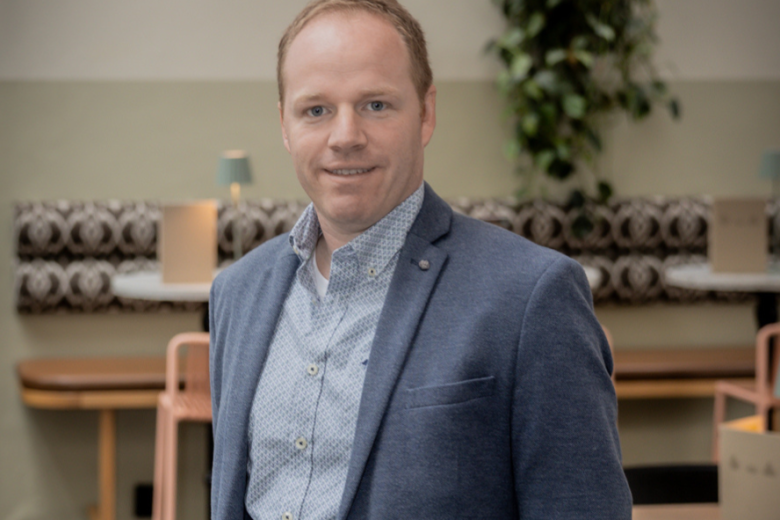Studio Europa presents policy brief collection on digitalisation
Digitalisation has transformed society, offering convenience and connectivity but also raising concerns about societal consequences. With the Digital Services Act (DSA) in full effect in the EU for a bit more than a year now, how can regulation protect democracy, fundamental rights, and well-being in the digital age?
Studio Europa is excited to share their new Policy Brief Collection on Digitalisation, featuring insights of Maastricht University experts from various disciplines on the impact of the DSA on online platforms, AI technologies, and citizens. This collection critically reflects on both the opportunities and challenges of digitalisation, providing policy recommendations for a fair and safe digital future.
Download the policy brief collection here
Table of contents
- Helping (non-)users of the digital services in the Digital Services Act | Prof Sally Wyatt
- The Digital Services Act: not enough to protect democracy against populism | Prof Tsjalling Swierstra
- How teenagers’ lifeworlds are shaped with snaps, streaks and social surveillance | Dr Katleen Gabriels, Emma Prebreza
- Reducing misinformation and conspiracy theories on social media | Prof Jan-Willem van Prooijen
- Digital media and how we think and feel about our body: minimising the bad, maximising the good | Dr Jessica Alleva
- Transparency of personal health data sharing and the Digital Services Act | Dr Visara Urovi
- Synthetic media and reality engineering policy solutions for the EU | Dr Thomas Frissen
- The AI risks in very large online platforms and search engines | Dr Konstantia Zarkogianni
- Immersion and regulation: extended reality technologies, their impact on innovation and policy recommendations | Prof Dominik Mahr, Dr Jonas Heller, Dr Tim Hilken
Also read
-
Young people in higher education mainly choose based on their interests. A better link with labour market opportunities is needed.
Against the backdrop of structural labour market shortages, it is of social importance that young people choose courses that not only match their interests and talents but also lead to occupations with good employment prospects and social value, particularly in sectors such as healthcare, education...

-
From Study to Startup: The story behind Famories
When Lennie and Neele graduated, while many of their classmates were busy fine-tuning CVs and stepping into roles at top companies, they took a detour by recording podcasts with their grandmas. What began as a charming way to cherish family memories has blossomed into Famories, a vibrant startup...

-
Is prevention cheaper than cure?
Preventing disease is not always cheaper than treating it — but it can be vital for keeping healthcare affordable and accessible. Professor Mickaël Hiligsmann (VHC), newly appointed Professor of Health Preferences and Economics of Prevention at CAPHRI, studies how preventive measures can deliver...
